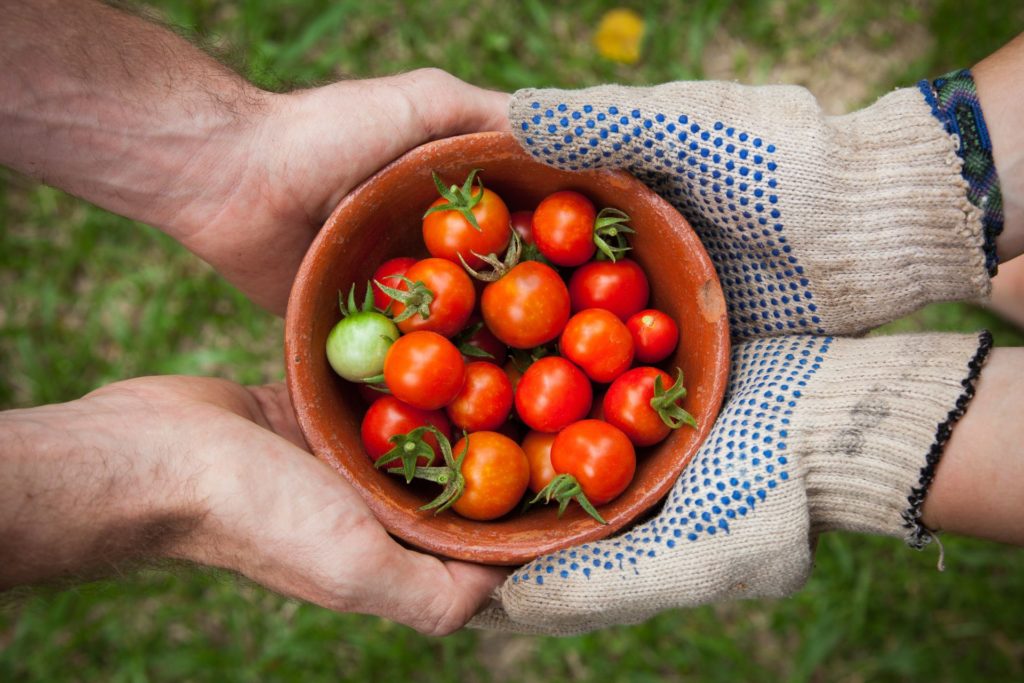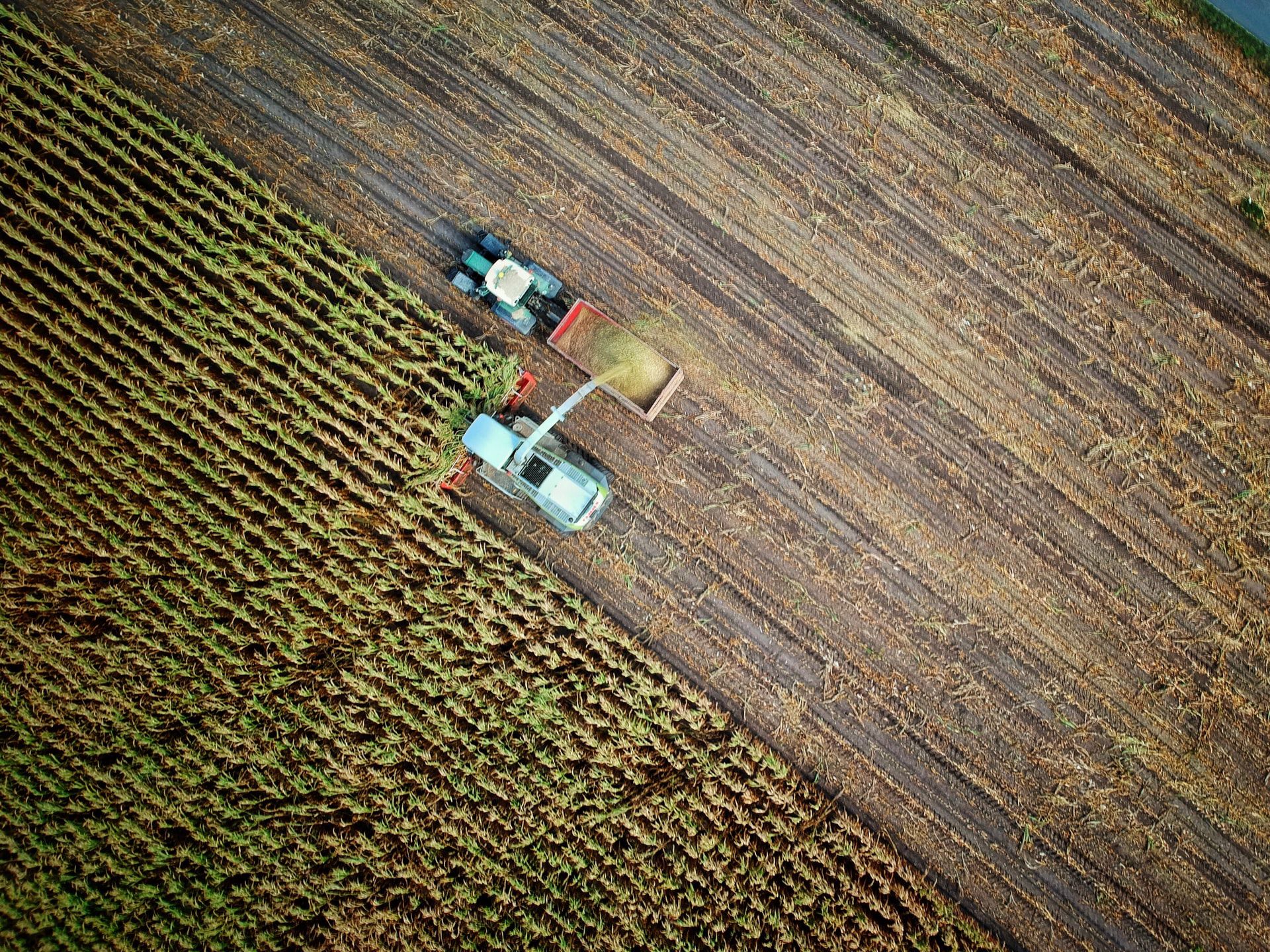“The pandemic made the pathway towards our goal even steeper,” said UN Food and Agriculture Organization director Qu Dongyu during a recent online gathering, referring to the goal of ensuring food security for all.
In a new report launched July 12, five UN specialized agencies warn that the pandemic has taken food security sharply in the wrong direction. Of course, before the COVID-19 outbreak, the world was already not on track to meet food security targets as envisioned in the United Nations Sustainable Development Goals—rates of child malnutrition and stunting were stubbornly high and regular access to nutritious food was in no way guaranteed for large swaths of the world’s population. Now the pandemic and the global economic crisis it created pushed the world even further away from the food and nutrition-related SDGs, the new multi-agency report warns. Top leaders of the World Food Program, FAO, International Fund for Agricultural Development, UNICEF, and the World Health Organization all participated in an online launch to present what WFP director David Beasley said is “a wakeup call” to governments everywhere. All five UN agencies co-authored the 2021 report “The State of Food Security and Nutrition in the World” (https://www.ifad.org/en/web/latest/-/sofi-2021). “We’re heading in the wrong direction,” Beasley said in an impassioned plea for more public and government attention to the ongoing food security crisis. “To think that we’re going to end hunger by 2030, that’s not even possible given the direction, the trajectory that we’re on now, and if we don’t address these issues in a very serious way, you’re going to have mass famine and destabilization of nations and mass migration.”
The report’s authors caution that it’s still too soon to fully understand the pandemic’s hit to food security, but they know enough to conclude that the effect is real and sharply negative, and that it will reverberate for some time to come. “World hunger increased in 2020 under the shadow of the COVID-19 pandemic,” the report notes in one of its clearest statements. “After remaining virtually unchanged for five years, the prevalence of undernourishment increased from 8.4 to around 9.9 percent in just one year, heightening the challenge of achieving the Zero Hunger target by 2030.” The agencies estimate that up to 811 million people worldwide were forced to contend with hunger last year, or 118 million more people than the year prior. The report argues that numbers of “severely food insecure” expanded by 148 million, from an estimated 780 million in 2019 to 928 million in 2020, or “close to 12 percent of the global population.” The worsening food security crisis was felt most acutely in Africa, where the pandemic resulted in some 21 percent of the continent contending with chronic hunger, “more than double the proportion of any other region,” the report says.
“If starvation of humanity is not a number one issue in the world, I don\’t know what is.”
Though governments offered assistance to their pandemic-hit populations, measures those same governments took to slow the disease’s spread resulted in economic pain that often far outweighed the relief. Farming was disrupted in many areas, as was trade in food. In some cases, the pandemic exacerbated internal conflicts that had already resulted in sharply lower food production. Rising unemployment or lost wages made available food more difficult for families to afford, resulting in higher rates of hunger. Whatever the channel, the pandemic was the root cause of rising food insecurity last year. “The COVID-19 pandemic disrupted and continues to disrupt all the systems related to good nutrition, from food and health to social protection programs and to families who are struggling financially,” said UNICEF chief Henrietta Fore. “This means that millions of children are still struggling to access the nutritious and safe diets that they need to grow, to learn, to develop, and to reach their full potential.”

How should the world respond? By putting food security initiatives front and center in any plans to rehabilitate economies hit hard by the pandemic, the agency’s chiefs argued. They said they will continue to press governments to be generous with their assistance to hard-hit nations, and with their domestic food security programs. At the upcoming UN Food Systems Summit, food security, nutrition, and health experts will continue to press for an end to complacency on this issue.
And they want to see more media attention directed to the pandemic’s impact on food availability and nutrition worldwide. In short, make food security the global priority that it should be, the leaders pleaded with governments and the press. “The fact that we’re begging and screaming is a disgrace on humanity,” WFP chief Beasley said. “The news media around the world has got to start reporting things that really matter around the world and provide balanced news coverage. If starvation of humanity is not a number one issue in the world, I don’t know what is.”
— Grow Further




